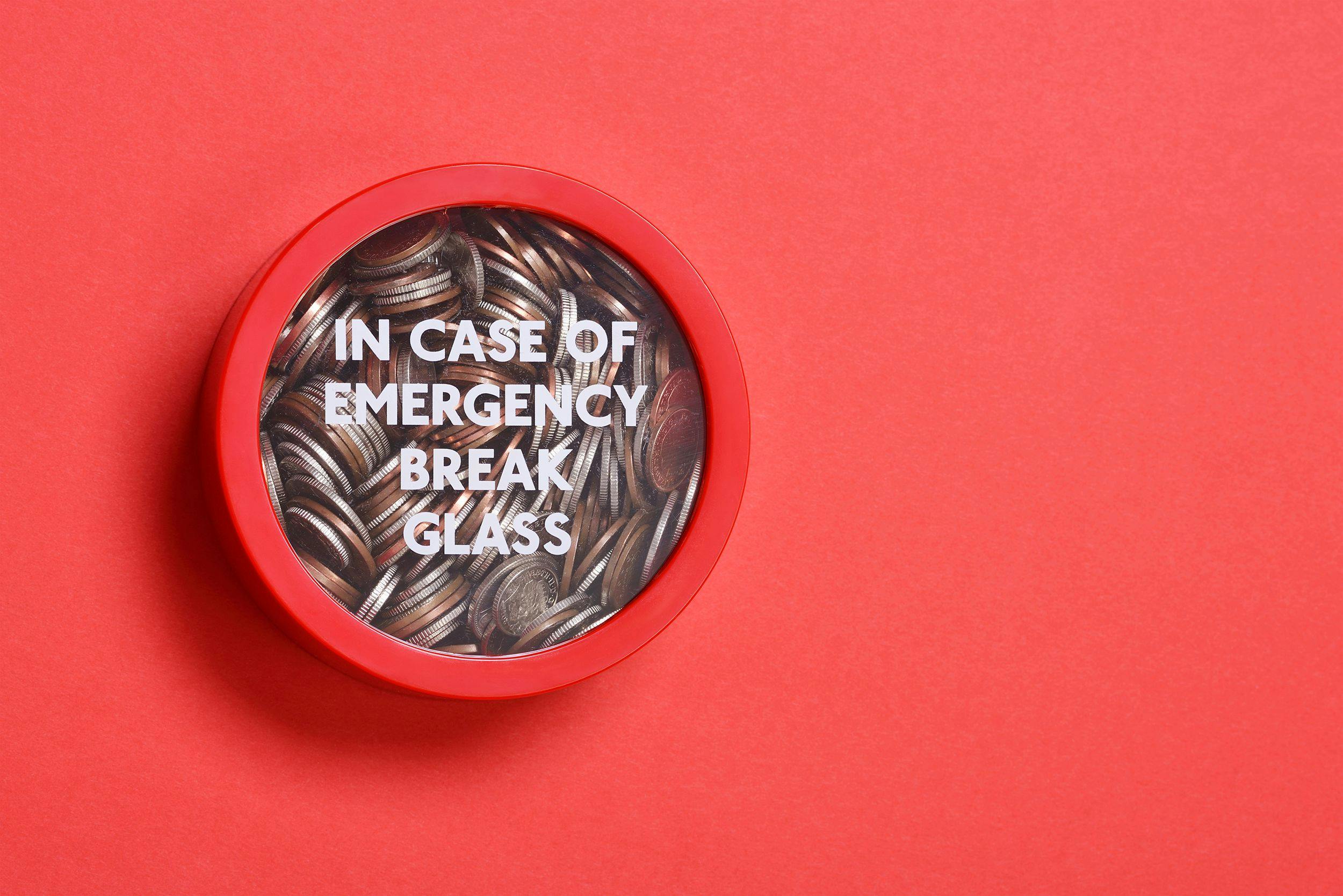Market Correction, Crashes, Bear Markets and Recession: Kernel Explains
Kernel explains what actually happens in a market correction, a crash and how investors should appro...

Stephen Upton
26 February 2020

It has been a rough ride for investors in 2022, with the S&P 500 posting the worst first half return since 1970.
As painful as this is, what does this tell us about the rest of the year and what if you aren’t already investing, or you want to invest more? Should you be buying these dips and taking advantage of this opportunity?
In short, while past performance is no guarantee of future results, and the data shows us that when returns are as bad as the first half of 2022’s have been, improvement has been much more frequent than continued decline. When returns have been especially bad, patience tends to be especially valuable.
Here are 3 things for you to consider to help you make the decision on whether you should invest now.
No – Great, then skip to number 2
Yes – What kind of debt is it?
This should be prioritised and it’s time for you to focus on clearing this debt, it’s not the right time to be investing. Set yourself a goal for when you want to have this cleared.
In certain situations, it can be smarter to leave your debt for the moment, opting instead to prioritise investing any extra cash. Before you decide to divert your savings away from debt, the one rule you need to remember is to always make the minimum repayments on all of your debt!
The key thing to consider is the debt’s interest rate and the rate of return on the investment you are considering. If the potential returns on your investment are higher than the debt’s interest rate, you can consider investing, if you have emergency funds in place! However, you should only invest if you are comfortable with the risks and opting to carry this debt isn’t a burden to your peace of mind.
Yes – Great, then skip to number 3
No – Then work on putting one in place
An emergency fund is money set aside to help during those unexpected moments in life. The current pandemic and impact on employment will have caught many off-guard. However painful now, it’s a reminder of the importance of these savings. The silver lining – it should be easier with many of the usual spending locations closed.

There are many methods to determine how much cash you need in your emergency fund. The choice is yours and it really depends on your comfort levels.
Here’s a few common methods you could use:
Determining how much you need comes down to the scenario when you would need to access the funds and how comfortable you are with uncertainty. Focus on establishing an emergency fund, before you consider investing.
If you’ve been unphased by the current market correction, enjoy taking on risk and are comfortable that you may not see this money again, you could opt to speculate on direct shares.
If you’re not a speculator and you are wanting to invest for a future goal, like retirement, then you have a few options, depending on when you need the money.
Then investing only in shares isn’t for you. Buy into a low risk diversified portfolio that predominantly holds cash and bonds. This should help avoid big losses to ensure you have access to the money when you need it.
Taking on some risk and investing in the dip is something you can consider, especially if you have flexibility as to when you need to access the money. Make sure you remain diversified and consider the fees you are paying. Low-cost options like index funds and ETFs tick these boxes.
You’ve got time on your side and can consider investing now. You should be comfortable taking on extra risk in order to maximise your gains. As always, make sure it is diversified.
So, should you invest now? If you’ve made it this far then maybe the time is right for you. However, often the most successful investment strategy is the simplest – a regular investment into a diversified portfolio every week or month. Investors who stick to their plan are much better off than investors who try to time the market.
Market Correction, Crashes, Bear Markets and Recession: Kernel Explains
Kernel explains what actually happens in a market correction, a crash and how investors should appro...

Stephen Upton
26 February 2020
Crashes Happen. Here’s What To Do.
Stock market crashes happen and we will continue to see them in our lifetime. So what should you do ...

Stephen Upton
3 April 2020
Why Past Performance is No Indicator of Future Returns
We’ve all heard the disclaimer “past performance is no indicator of future returns” thrown around or...

Chi Nguyen
9 December 2021
For market updates and the latest news from Kernel, subscribe to our newsletter. Guaranteed goodness, straight to your inbox.
Indices provided by: S&P Dow Jones Indices